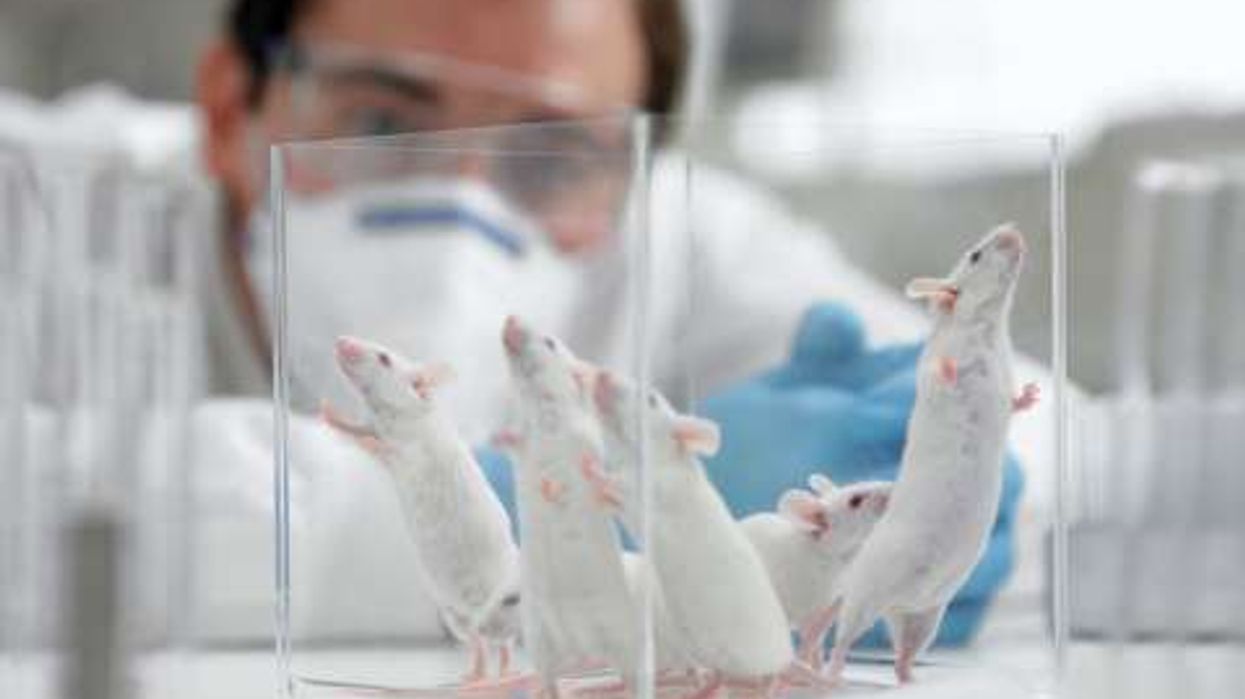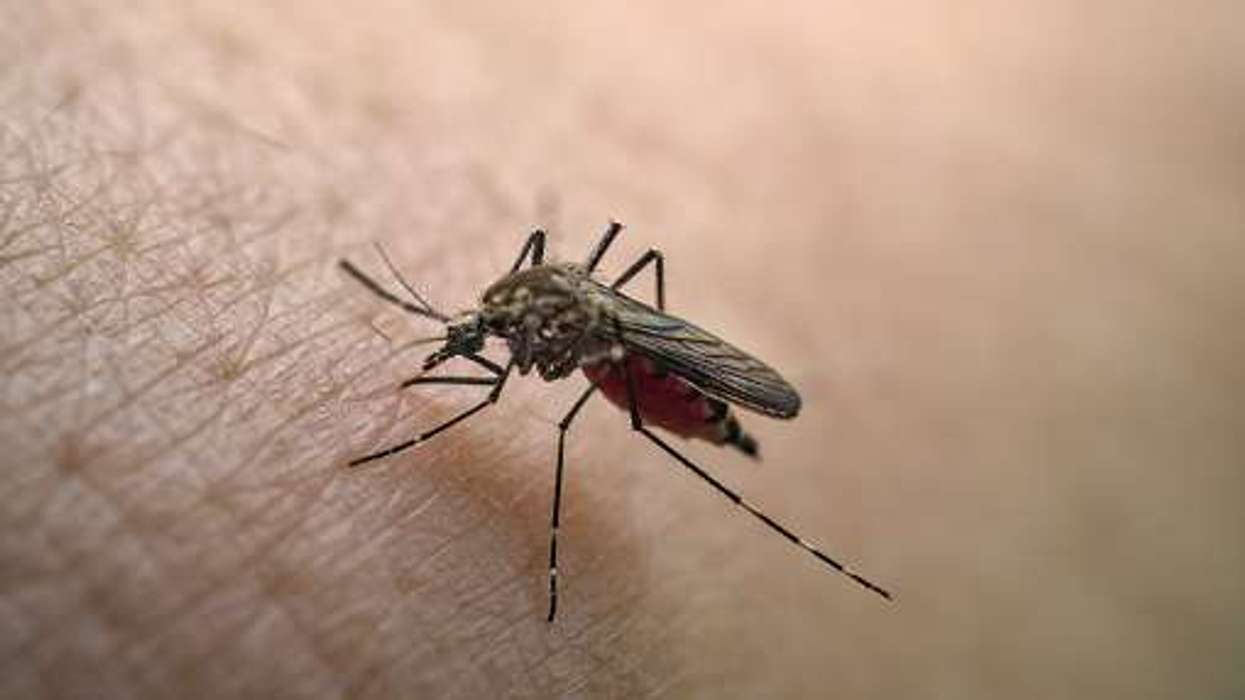Key Summary
- UK to end animal testing by 2026
- AI and 3D bioprinting to replace animal use
- Experts back the shift toward ethical research
Science minister Patrick Vallance is keen to phase out animal testing and replace it with artificial intelligence (AI) and 3D bio-printed human tissues.
Animal testing is still carried out in the case of certain life-saving vaccine experiments or impact of pesticide on living beings.
Animal testing can only end when an equally effective alternative is found, says experts.
The government plans to encourage research to develop methods such as tiny devices that mimic how human organs work using real human cells.
AI will be used to analyse molecular data and predict drug safety and effectiveness, while 3D bioprinting will produce realistic human tissues, such as skin and liver, for testing.
“Nobody in our country of animal lovers wants to see suffering, and our plan will support work to end animal testing wherever possible and roll out alternatives as soon as it is safe and effective to do so,” said Lord Vallance.
He said the proposed roadmap will ensure that government, businesses and animal welfare groups can work together to find alternatives to animal testing faster and more effectively.
Apart from vaccines and pesticides, Vallance also highlighted the usage of animals to test skin and eye irritation from drugs.
The strategy is to completely end animal testing by end of 2026.
By 2027, testing botox strength on mice is set to end, and by 2030, drug studies on dogs and primates will also be cut back.
Welcoming the move, Barney Reed, the science and policy manager for animals in science at the RSPCA said it will help UK scientists to embrace the high-quality, ethical science.













